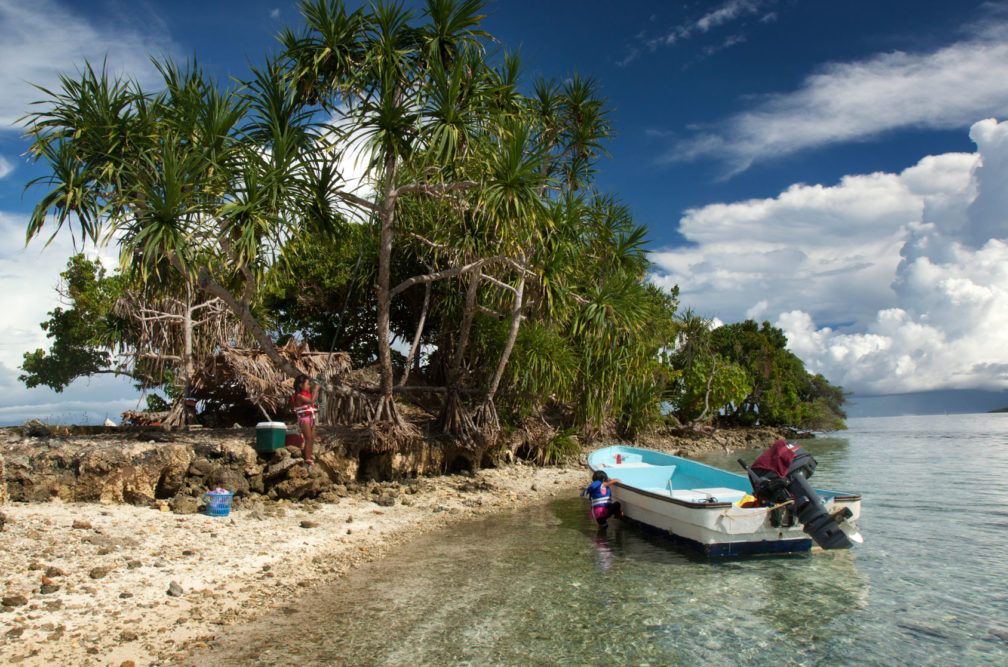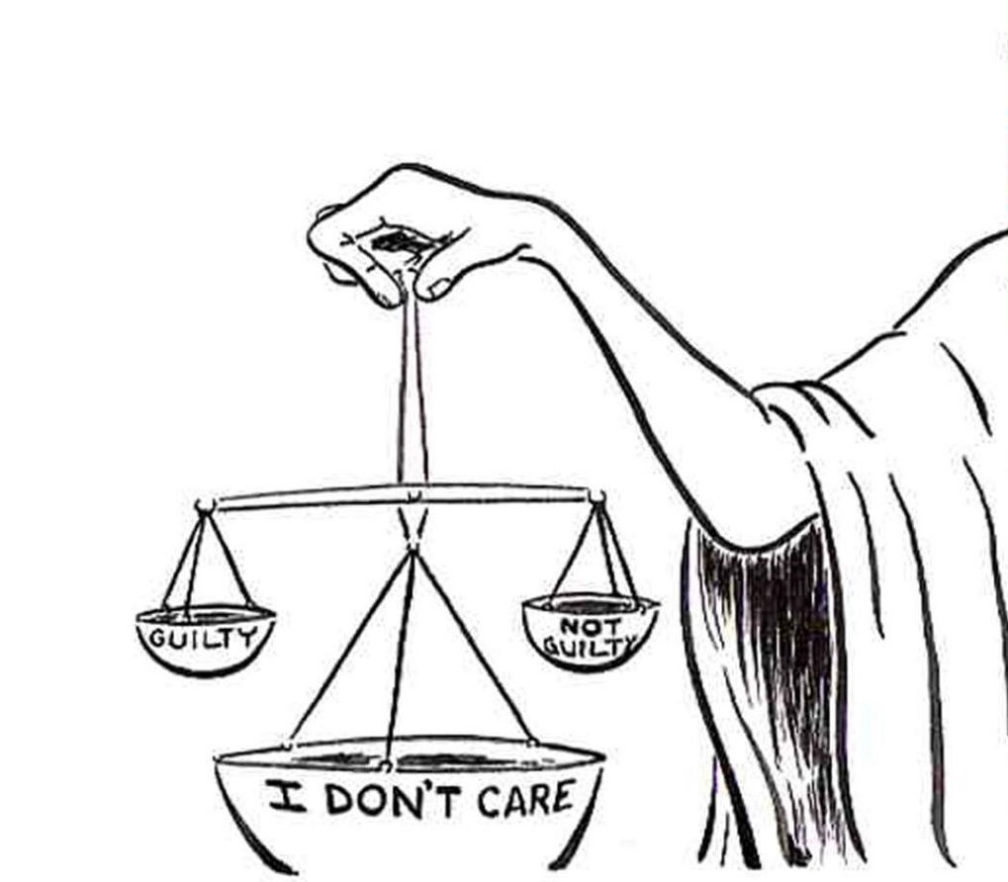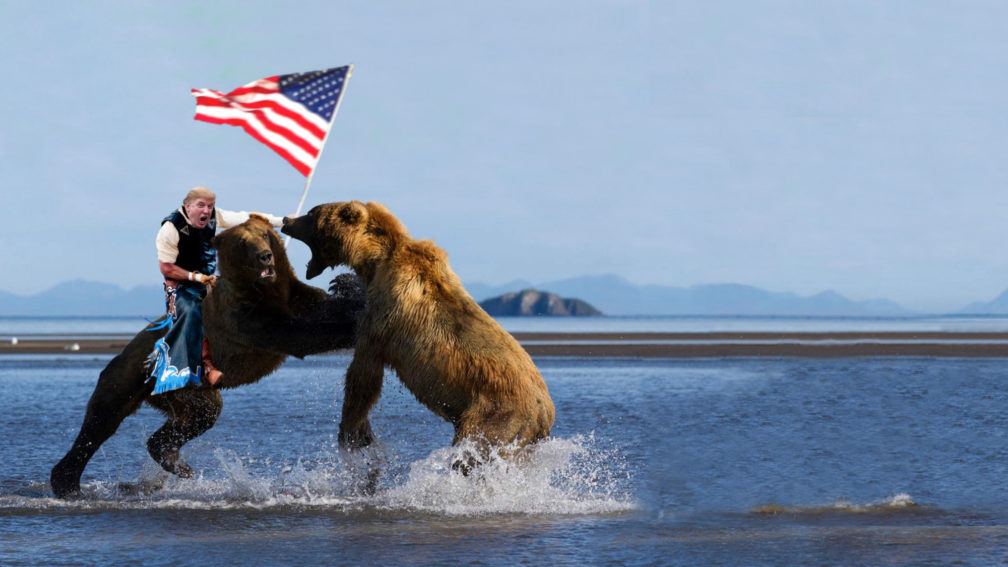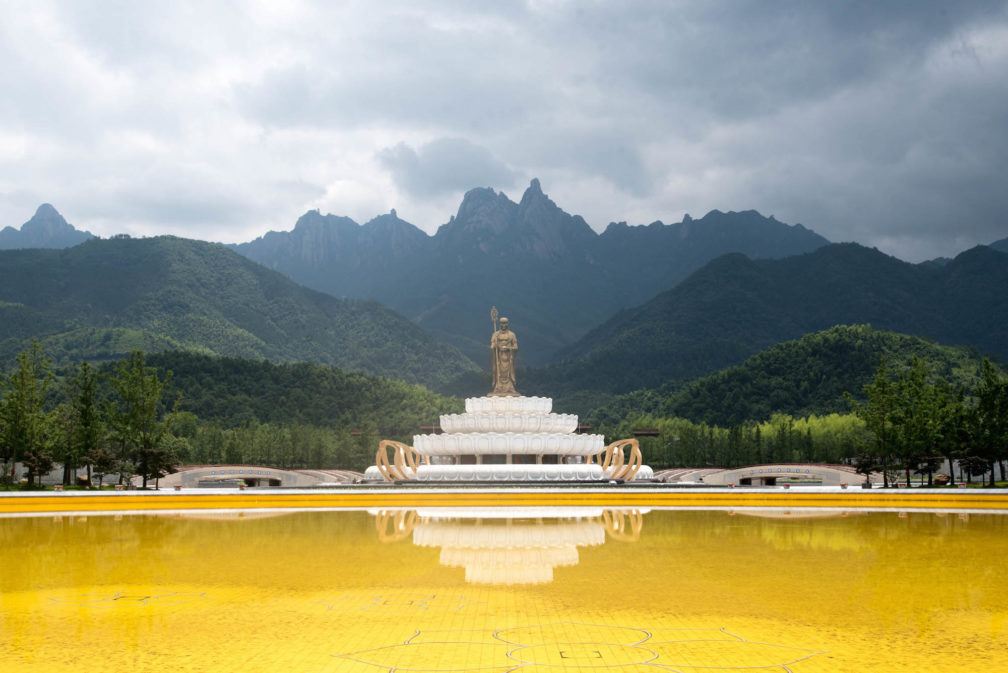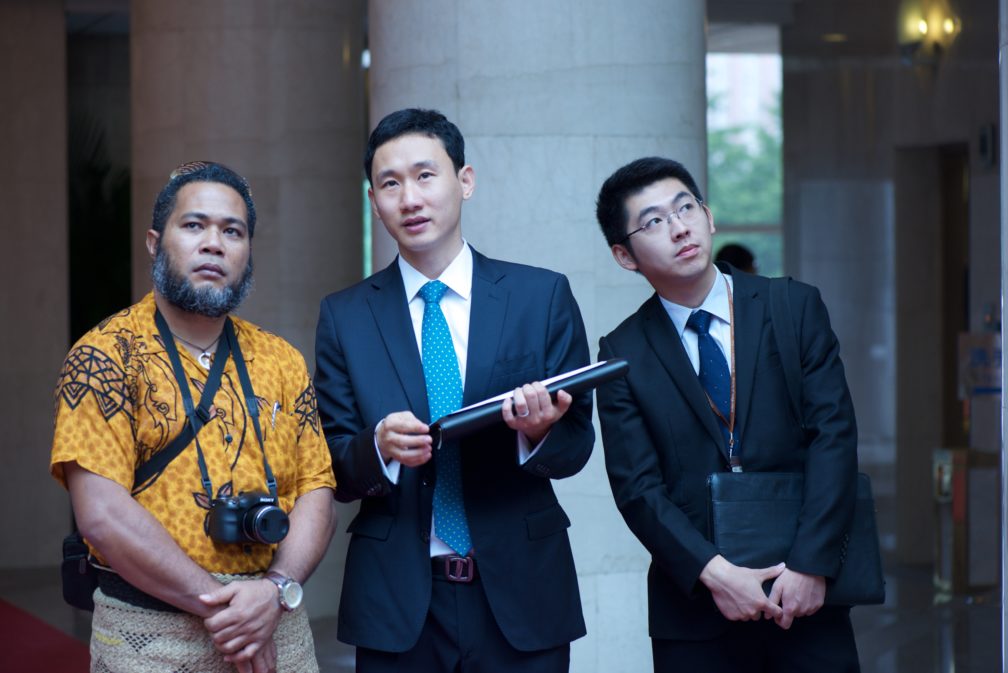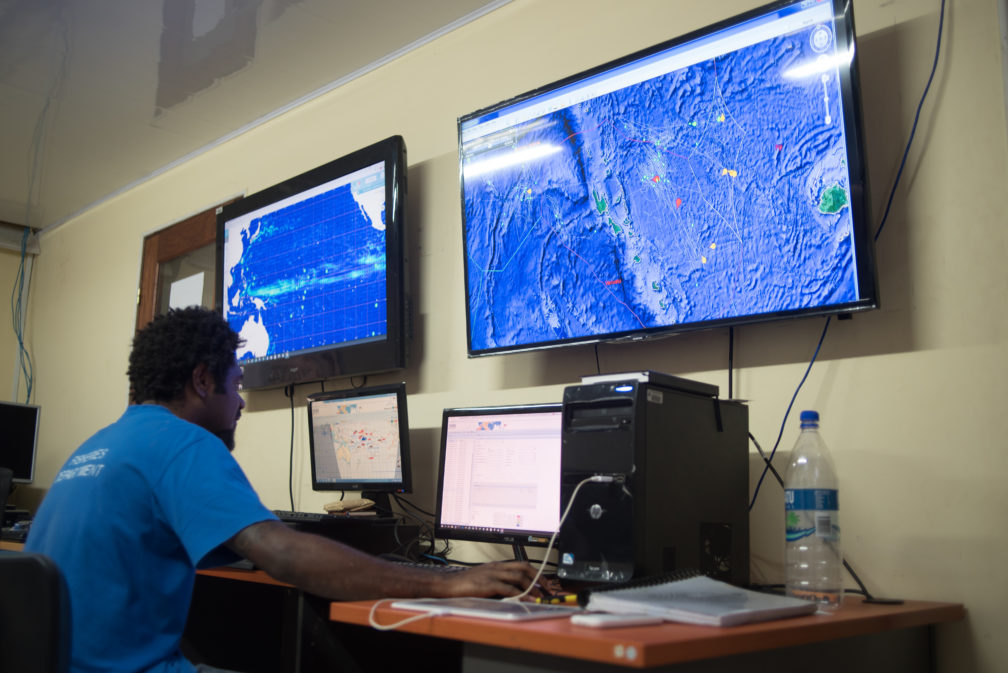The Pacific Islands Forum has come and gone, and people here in Vanuatu could not care less. There are few Pacific conclaves that generate less interest than this meeting.
In principle, nobody particularly disapproves of getting all Pacific leaders together once a year for a bit of a chat and maybe some minor course correction.
In practice, it seems clear that not all leaders are equal in the eyes of the Forum.
This year more than ever, the final communiqué simply side-stepped any views that didn’t suit the developed nation members.
The event might more accurately be described as the McCully/Bishop Forum.
The region-wide movement to disown PACER Plus was simply ignored in the final language. If Vanuatu needed any other excuse to walk away from this one-sided deal, their treatment in Pohnpei provided one. Scuttlebutt from the venue has it that France’s inclusion in the Forum was anything but a unanimous decision. Prime Minister Charlot Salwai exercised characteristic tact and diplomacy when asked about it, but it doesn’t take a crystal ball to imagine how Vanuatu, one of the staunchest supporters of decolonisation in the Pacific, felt about bringing France into the Forum fold.
France was excluded from the Forum specifically because of its refusal to discuss issues of decolonialisation when the organisation was formed in the 1970s.
West Papua is perhaps the only topic that could dampen Vanuatu’s joy following its under-20 football team winning their way to a World Cup berth. And once again, the Forum has gone to excruciating lengths to make the least possible effort to stop the ‘slow motion genocide’ under way in PNG’s eastern neighbour. Continue reading

